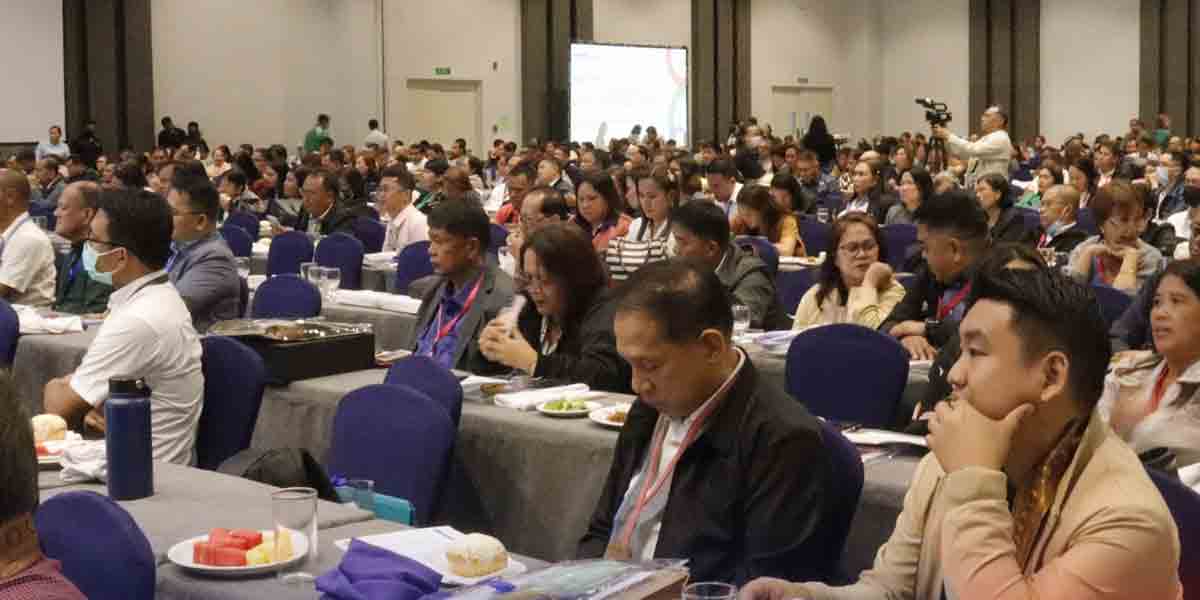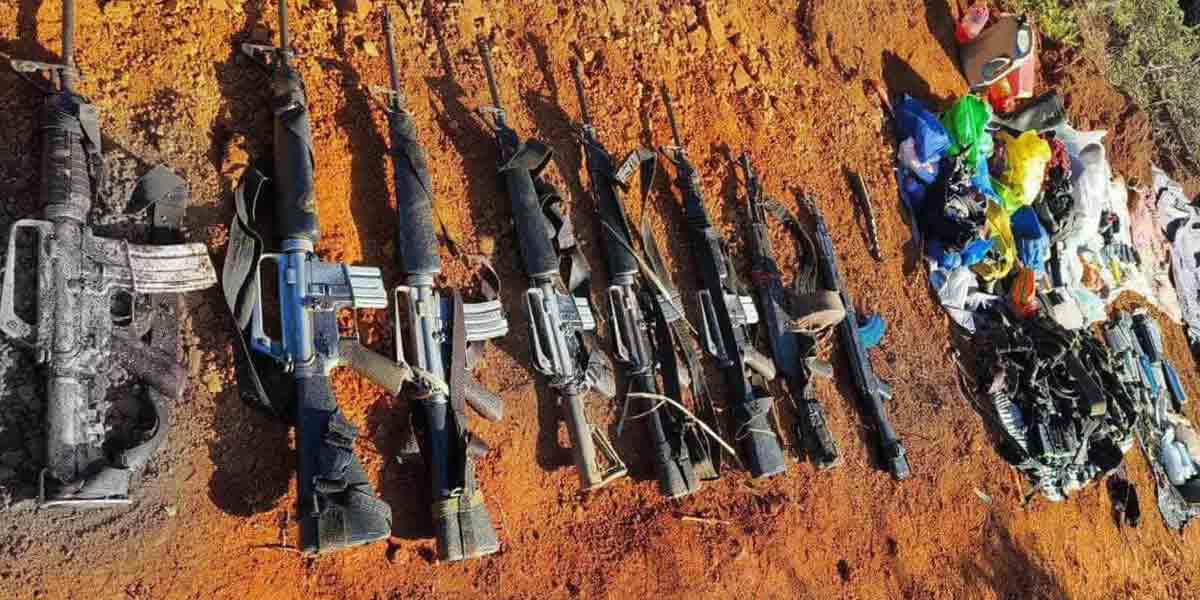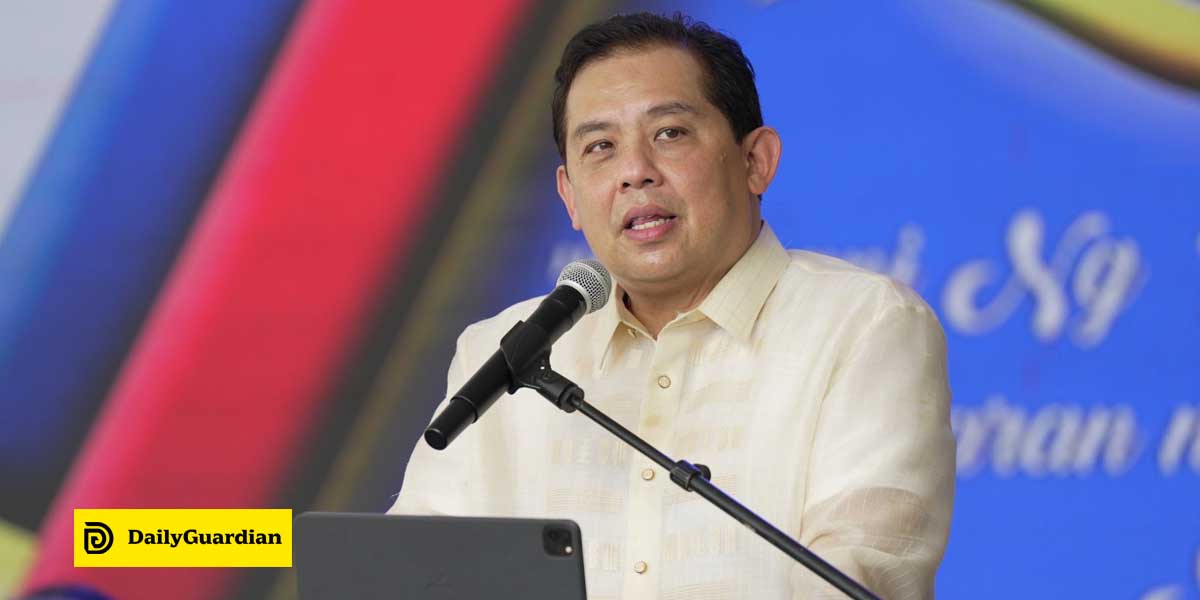 By Atty. Eduardo T. Reyes III
By Atty. Eduardo T. Reyes III
(This is the beginning of the fourth and last part of the 4-part series of the article entitled: The law on searches and seizures).
And finally the SIXTH and LAST CASE. Figuring prominently in this last case is a mayor who led the team of police officers in conducting a search of a mining site purportedly upon the “powers under the Local Government Code” of such mayor to determine compliance with the terms and conditions stipulated in the business permit issued to the mining concessionaire. In the course of the search, illegal explosives were seen “in plain view” and were seized by the mayor and his team of law enforcement officers. The SC ruled that since a mayor does not have statutory power to conduct searches and seizures, the discovery and confiscation of the illegal explosives shall be inadmissible in evidence for violation of the right of the mining concessionaire against unreasonable searches and seizures. Thus, the SC amplified:
“Warrantless search of mining site; explosives
Recovered are inadmissible in evidence
Section 2, Article III of the Constitution ordains the rights of the people against unreasonable searches and seizures by the government. The provision reads:
Section 2. The right of the people to be secure in their persons, houses, papers, and effects against unreasonable searches and seizures of whatever nature and for any purpose shall be inviolable, and no search warrant or warrant of arrest shall issue except upon probable cause to be determined personally by the judge after examination under oath or affirmation of the complainant and the witnesses he may produce, and particularly describing the place to be searched and the persons or things to be seized
“Fortifying such rights is the exclusionary principle adopted in Section 3(b) Article III of the Constitution. The principle renders any evidence obtained through unreasonable search or seizure as inadmissible for any purpose in any proceeding, viz:
(1) Any evidence obtained in violation of this or the preceding section shall be inadmissible for any purpose in any proceeding.
The rule of thumb as may be deduced from Section 2, Article III of the Constitution itself, is that searches and seizures which are undertaken by the government outside the auspices of a valid search warrant are considered unreasonable. To be regarded reasonable, government-led search and seizure must generally be sanctioned by a judicial warrant issued in accordance with requirements prescribed in the aforementioned constitutional provision.
The foregoing rule, however, is not without any exceptions. Indeed, jurisprudence has recognized several, though specific instances where warrantless searches and seizures cane be considered reasonable and, hence, not subject to the exclusionary principle. Some of these instances, studded throughout our case law, are:
- Consented searches;
- Searches incidental to a lawful arrest;
- Searches of a moving vehicle;
- Seizures of evidence in plain view;
- Searches incident of inspection, supervision and regulation sanctioned by the State in the exercise of its police power;
- Customs searches;
- Stop and Frisk searches; and,
- Searches under exigent and emergency circumstances.
The instance of particular significance to the case at bench is the so-called seizure pursuant to the plain view doctrine.
Under the plain view doctrine, objects falling within the plain view of a law enforcement officer, who has a right to be in a position to have that view, may be validly seized by such officer without a warrant and, thus, may be introduced in evidence. An object is deemed in plain view when it is “open to eye and hand” or is “plainly exposed to sight”. In Miclat, Jr. v. People, we identified the three (3) requisites that must concur in order to validly invoke the doctrine, to wit:
The “plain view” doctrine applies when the following requisites concur: (a) the law enforcement officer in search of the evidence has a prior justification for an intrusion or is in a position from which he can view a particular area; (b) the discovery of evidence in plain view is inadvertent; ( c) it is immediately apparent to the officer that the item he observes may be evidence of a crime, contraband or otherwise subject to seizure.
X x x
Here, it was established that Mayor Pilapil and his team of police officers and barangay officials were not able to view the subject explosives during the course of their ocular inspection on the mining site operated by BCMC and Prime Rock. Hence, in order to ascertain the existence of the first requisite of the doctrine in the case at bench, an inquiry into the legality of such inspection is necessary.
X x x
Mayor Pilapil has no statutory authority to conduct a warrantless inspection of the mining sire operated by BCMC and Prime Rock.
X x x
To begin with, Section 444(b)(3)(iv) of the LGC does not- whether expressly or impliedly- authorize a municipal mayor to conduct warrantless inspections of mining sites”.(Delfin R. Pilapil, Jr. v. Lydia Y. Cu/People of the Philippines v. Lydia Y. Cu, G.R. No. 228608/G.R. No. 228589. August 27, 2020).
The State is already powerful enough as it has at its beck and call, the power of the purse when it imposes taxes on its citizens. It also has the power of eminent domain which allows it to compulsorily take private property for public use provided it pays just compensation. And more astoundingly, the State has police power or the power to regulate if not condemn private acts and property if public interest demands it. Here in the last power mentioned, belongs the State’s power to conduct searches and seizures which could severely impact on the civil liberties of the people. The State in the interest of law and order, can stop a citizen, search him, seize his personal belongings and throw him to jail when justified.
Given these awesome powers of the State, the only power that the lowly citizen can put-up as armor or shield against it, is his/ her knowledge of the Bill of Rights and the Supreme Court’s explanation of such rights. Knowledge is power. And the only way to wield such power is by standing firm, refusing to budge and invoking these rights in the face of excesses in the exercise by the State of its powers.
On the importance of man’s liberty, to quote Clarence Darrow, who is arguably the best trial lawyer that ever lived, he said: “You can only protect your liberties in this world by protecting the other man’s freedom. You can only be free if I am free”.
(Atty. Eduardo T. Reyes, III is the senior partner of ET Reyes III & Associates- a law firm based in Iloilo City. He is a litigation attorney, a law professor and a law book author. His website is etriiilaw.com)






















